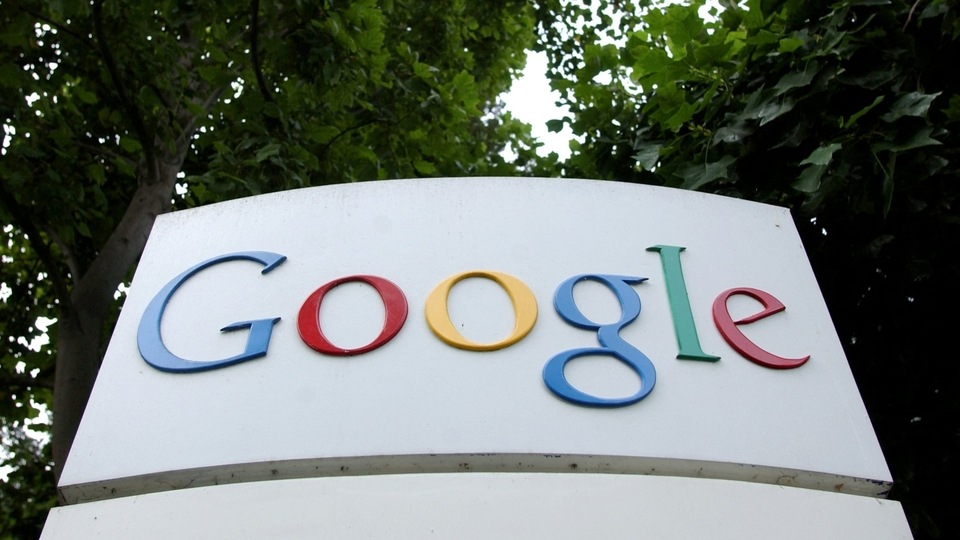Google Wants You to Never Overpay for a Flight Again
It’s the latest from a little-known list of tech tools that make it easy to get the best possible airfare—every time.






 View all Images
View all ImagesMaking sure you pay a reasonable fare for flights often feels like a fool's errand. If you're lucky, you'll snag a mistake fare or flash sale. More often, you'll deliberate ad nauseam. Do you book? Do you wait? Can anyone actually beat airlines at their own game?
Alphabet Inc.'s Google aims to change that. On April 3, the search giant announced a new price-guarantee feature that promises to monitor prices daily and pay customers the difference if their fare drops at any point from booking to departure.
For now, it applies only to select US flights on Alaska, Spirit and Hawaiian airlines. If the round-trip flight itinerary you're booking qualifies, you'll spot a light blue-colored price-guarantee badge that shows up above the fare option, whether for basic economy or main cabin. You must then book the itinerary directly through Google, using the “Book on Google” link in search results. This means you enter your information and payment details on a Google-hosted platform that passes it to the airline, which then confirms and manages the reservation.
“What we're wanting to do is to take [our] price insights to the next level,” says Jade Kessler, product manager at Google Flights. “We have hopes to offer this to as many users as possible and expand it beyond just Book on Google.” Although there's no official expansion timeline, Google says its long-term plan is to roll out the guarantee feature across as many US and international flights via as many carriers as it can.
As for the rebates, customers will receive email notifications and see the payments appear automatically in their Google Pay accounts. From there, they will be free to transfer that money to personal bank accounts. Those without a Google Pay account will receive instructions on how to set it up to access the funds.
Google declined to discuss how often it anticipates having to compensate customers for fare drops, only to reaffirm its confidence in the accuracy of its predictive algorithms.
Google says it does not charge airlines for flight reservations through Book on Google nor does it receive percentage revenue from the airlines for using this feature; all costs for the price guarantee will be born by the search giant. Google's Price Guarantee joins its bag of consumer tools to monitor the cost of airfare, including its price graph, Explore map and price-tracking alerts.
“We hope that people will trust Google Flights whenever they need to find a great deal on air travel, and the price guarantee could help build that trust even further,” says Kessler.
The timing seems opportune, with travelers growing more sensitive to price levels amid inflation and scaling back on trips. Google ran a pilot program on this price-guarantee feature in 2019 but put it on pause; it resumed the effort in 2022 with public testing in the fourth quarter.
Other Routes to Savings
Booking app Hopper has what might be the most comparable tool: Its price-freeze option has been around since 2019. It lets customers pay a fee that's proportionate to the flight price to lock in the fare when they're not ready to book. (A recent search on the Hopper app shows a $30 fee to freeze a $350 roundtrip fare to Peru in June 2023). If that fare drops, you get to pay the lower price. Hopper says 55% of people who've used this feature in the last year saved money because Hopper covered the price increase.
Hopper doesn't currently offer a price-drop guarantee after purchases for its app users, but other in-app features exist to help assuage fare booking anxiety, such as a free “watch a trip” feature that notifies you when a deal arises.
If you prefer to book directly with an airline, it's no secret that a US Department of Transportation rule obligates US airlines to refund a fare if a customer requests it within 24 hours of booking. The fares must have been purchased at least seven days prior to departure. But using this rule as a grace period if you find a better fare soon after booking is not always foolproof.
“You run the risk of seeing the lower fare, canceling the previous one, and then going to rebook—and the lower fare that you saw is no longer available. It can happen very quickly,” says Kerwin McKenzie, an aviation industry veteran and founder of Passrider.com.
A more popular tactic is to think about booking airfare as depositing money in a bank. (That “bank” will usually be called Delta, United or American Airlines). Most US carriers, including Delta, Frontier and United, have removed the change fee for all but their most basic economy fares, McKenzie explains, and will issue an e-credit so you can reuse those funds toward a different flight in the future. This means you can keep your e-credit funds stored and apply them to your future flight bookings.
“Because the industry has gone through so many changes over the last three years, it is always good to contact the airline first, as there are many exceptions still in place. The agent will be able to pull up your reservation online and assess the situation,” McKenzie says.
Southwest still offers the most generous terms among US airlines, allowing you to reprice your ticket on the site if a lower fare appears as a result of a sale, for example, with the remaining credit stored in your account for future use.
In other words, until Google automates flight-price guarantees on more airlines and routes, you may be stuck with a process that takes patience, effort and a watchful eye. How much your time is worth may be the true measure of overpaying.
Catch all the Latest Tech News, Mobile News, Laptop News, Gaming news, Wearables News , How To News, also keep up with us on Whatsapp channel,Twitter, Facebook, Google News, and Instagram. For our latest videos, subscribe to our YouTube channel.


























